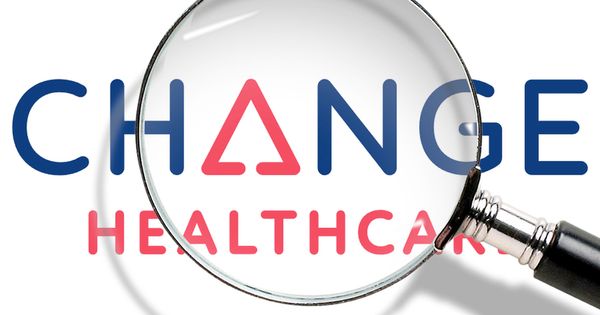Charity Scams: Does Your Click Save a Starving Child?

You`ve seen the cries for mercy. Heart-wrenching photos of disfigured children, tear-jerking pleas for help for a bed-riddled cancer victim, stories of famine and murder, and pictures of abused animals so horrid it repels the eye. These words and images can move us deeply ” they can stir our souls enough to persuade us to click into our online bank account and send aid. Charities know this, and they use that power to good effect -to help relieve the suffering of the most unfortunate. Fraudsters know it too.
Far from relieving misery, though, the scammers make it worse. They fleece those who care and leave the deprived even more deprived. While charity fraud is as old as charity itself, it has now gone online seeking a target of billions of people.
 A century ago, charity fraud was conducted by snail mail or house-to-house “fund-raising campaigns.” In an early case reported by The New York Times in 1918, the Secretary of the “Welfare Society” for the disabled pleaded guilty to using the postal system to solicit donations to his own account.
A century ago, charity fraud was conducted by snail mail or house-to-house “fund-raising campaigns.” In an early case reported by The New York Times in 1918, the Secretary of the “Welfare Society” for the disabled pleaded guilty to using the postal system to solicit donations to his own account.
Nowadays, scammers take advantage of the good-hearted by manipulating web search results, blasting them with spam and devising ever-more sophisticated schemes. Here are a few tips to keep in mind before making an online donation:
1. To make sure your contributions go to the cause you support, become a scam detective. Search the domain`s WhoIS information online and see if the contact address or other details raise any suspicions. A serious organization won`t use e-mail addresses from private services such as Gmail or Yahoo. Scammers do it, though, to dodge the virtual long arm of the law.
2. Ironically, charity scams also take advantage of users` wishes to gain, and not to donate, money. Bitdefender Labs have recently caught a rising wave of Nigerian spam that takes advantage of the gravity of illnesses such as cancer. “I am Paul [name removed], I am ill and would die as a result of cancer. I want to distribute my funds to charity,” one e-mail reads, before seeking to scam the e-mail recipient.
Others relate personal stories of vulnerability and wealth. “My husband was murdered alongside our only son Elvis by those who are envious of his position,” reads a spam e-mail now making rounds in inboxes the world over. “Before his death he made a vow to use his wealth ($7.5m) for the down trodden, orphanages and the less privileged in the society. I decided to donate this fund to an individual or better still a God fearing person who will utilize this money the way I am going to instruct.” The scammer promises users a cut of the Ëœcharity` money. Replying to the spam will kick off a series of messages that have the victim paying unlimited “transfer fees” and never getting the windfall.
3. Unless it comes from a Church, beware of religious references. Most organizations would not send you “Greetings in the name of God,” nor will it end up an e-mail with “May God Almighty bless you” or “Your Sister in Christ Jesus.” Such salutations and farewells seek to soften the target for a financial blow.
4. Avoid clicking links or attachments you get by e-mail. Phishers and fraudsters make money by creating a sense of urgency. Bitdefender recently blocked thousands of spam messages with a “DONATION CONFIRMED” subject, and others urging users to cancel a “monthly $60.00 donation” they allegedly made to a Jewish Education Center. The scam ends in stolen data, or worse.
5. Be careful with charity websites you never heard of, especially before the holidays – they may be loaded with Trojans, worms and viruses. Keep your software, your operating system and your antivirus updated to fully protect yourself from phishing and malware attacks. As Christmas or other holidays approach, scammers often infect the websites of authentic organizations with malware.
You may also install the Bitdefender free application Safego that will protect you and your friends from the latest online threats, scams, spam, malware and private data exposure on Facebook. To find out more about e-trouble, join the Bitdefender Facebook page, where over 326,000 users connect to share their security stories.
tags
Author
Bianca Stanescu, the fiercest warrior princess in the Bitdefender news palace, is a down-to-earth journalist, who's always on to a cybertrendy story.
View all postsRight now Top posts
Start Cyber Resilience and Don’t Be an April Fool This Spring and Beyond
April 01, 2024
Spam trends of the week: Cybercrooks phish for QuickBooks, American Express and banking accounts
November 28, 2023
3 in 5 travel-themed spam emails are scams, Bitdefender Antispam Lab warns
August 10, 2023
FOLLOW US ON SOCIAL MEDIA
You might also like
Bookmarks







